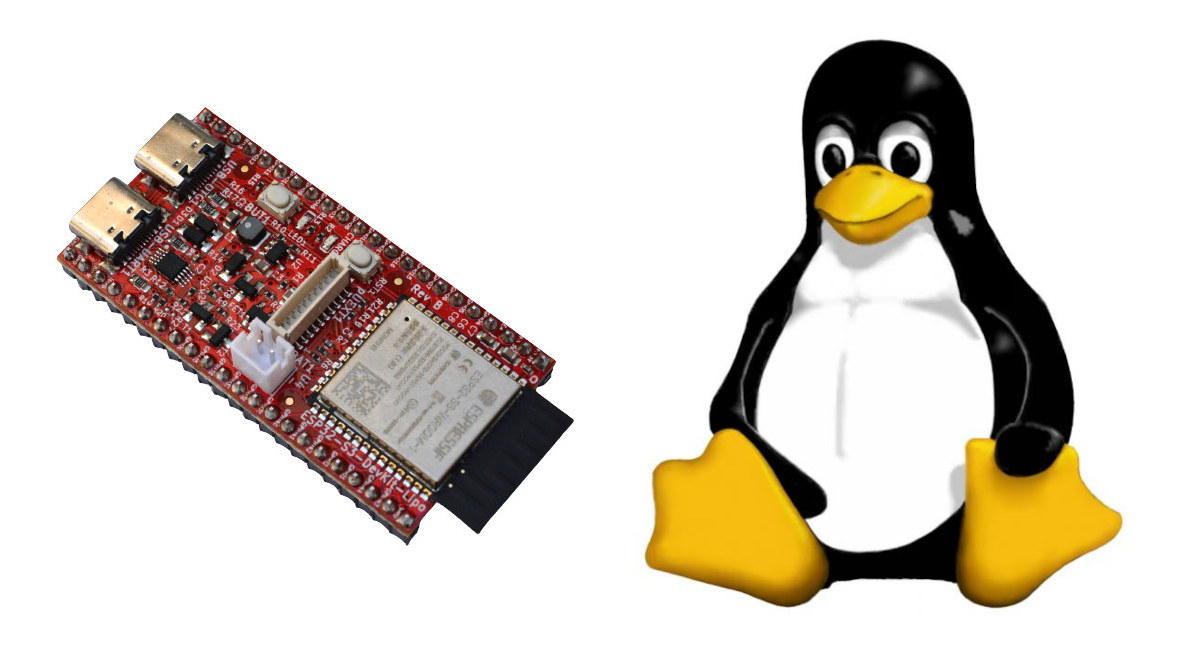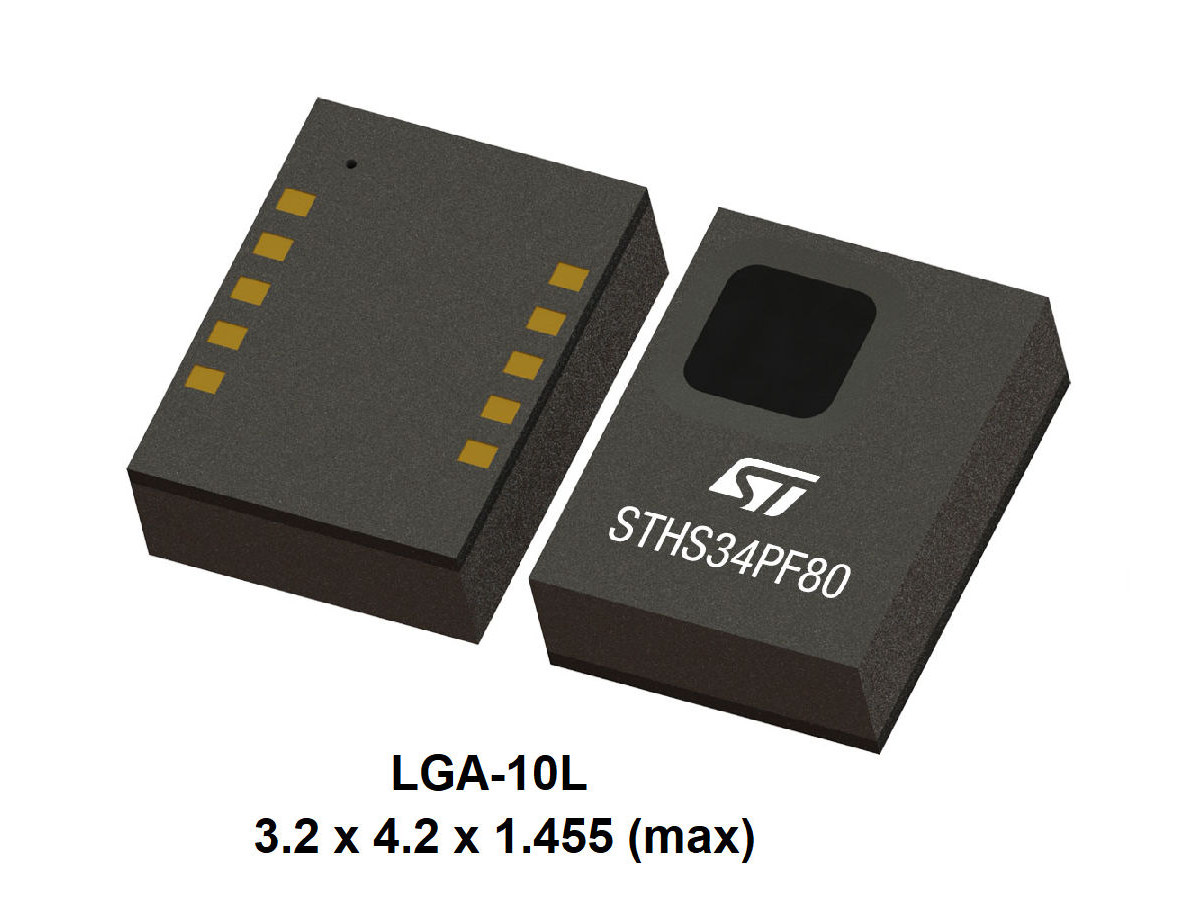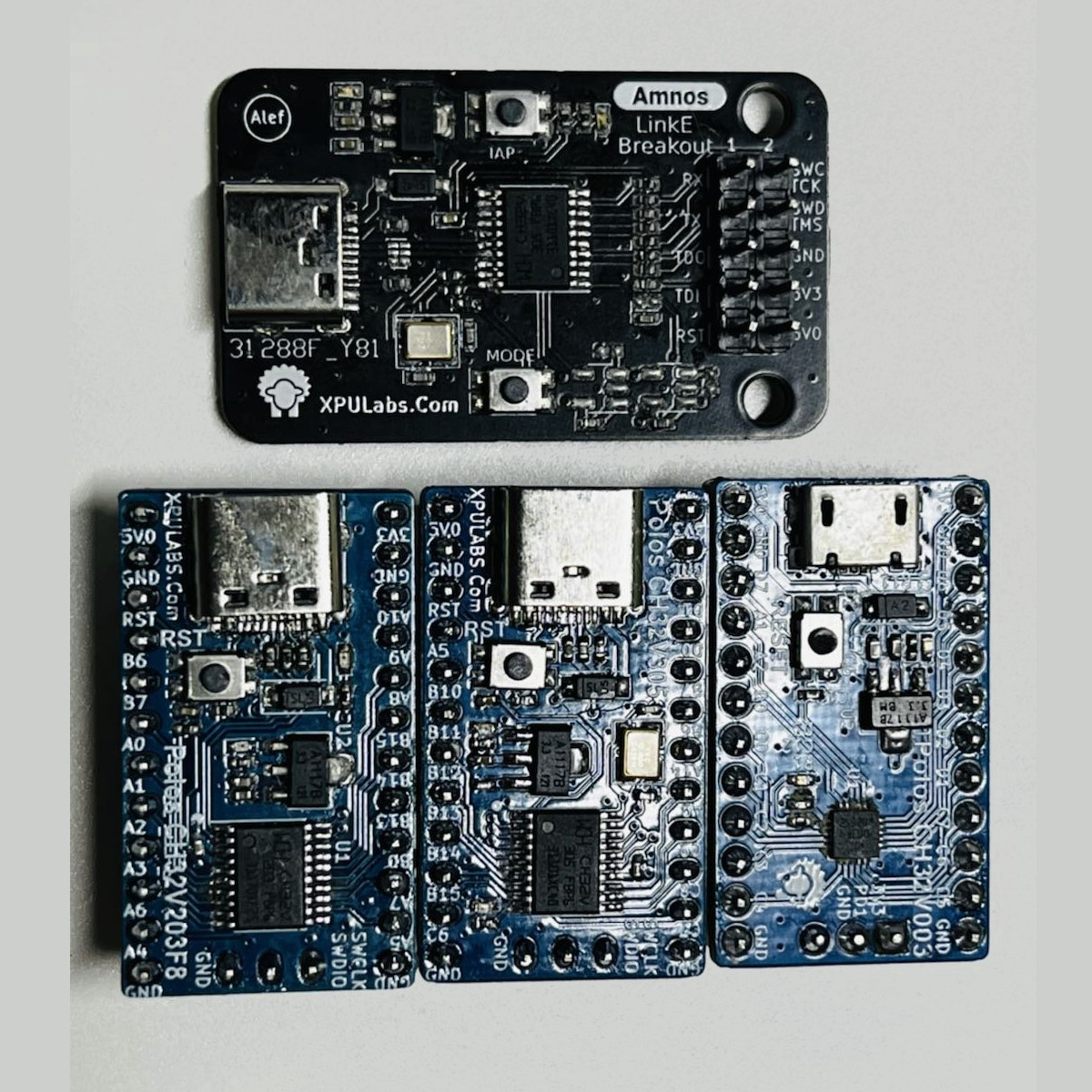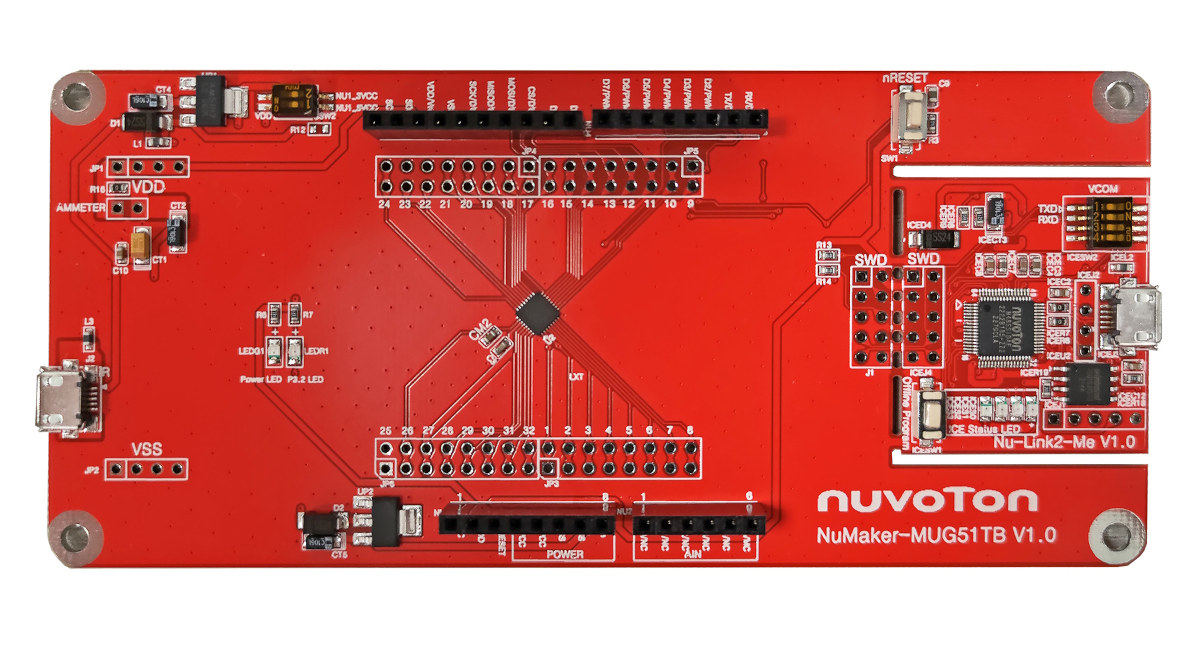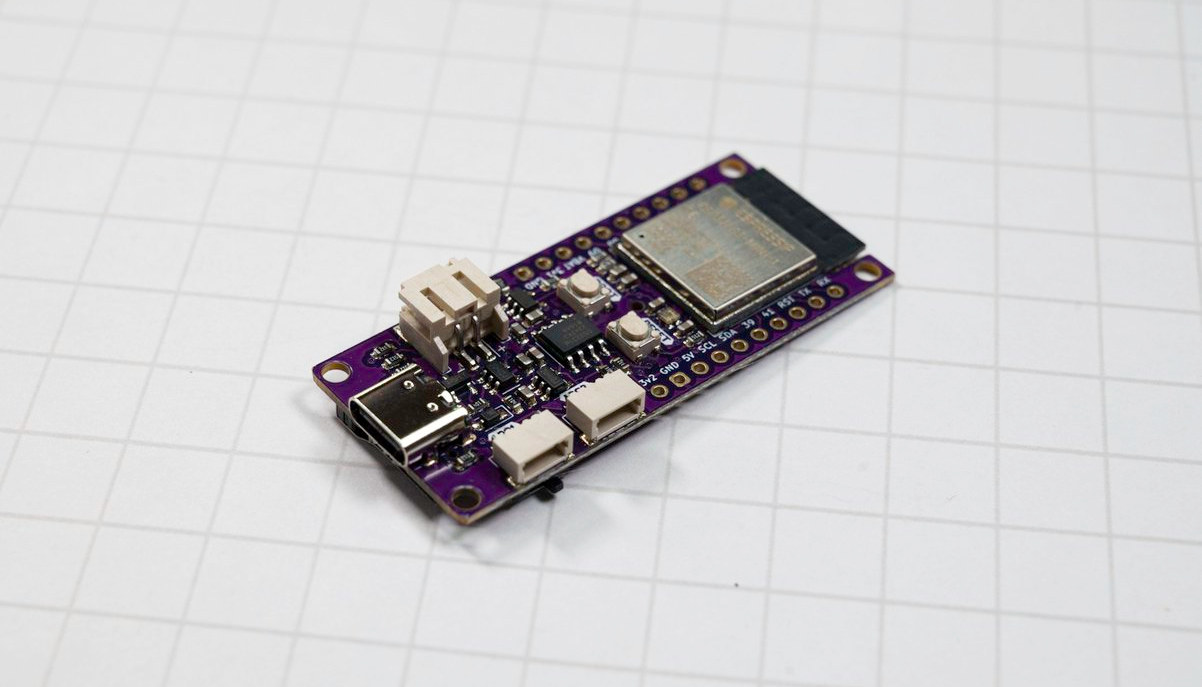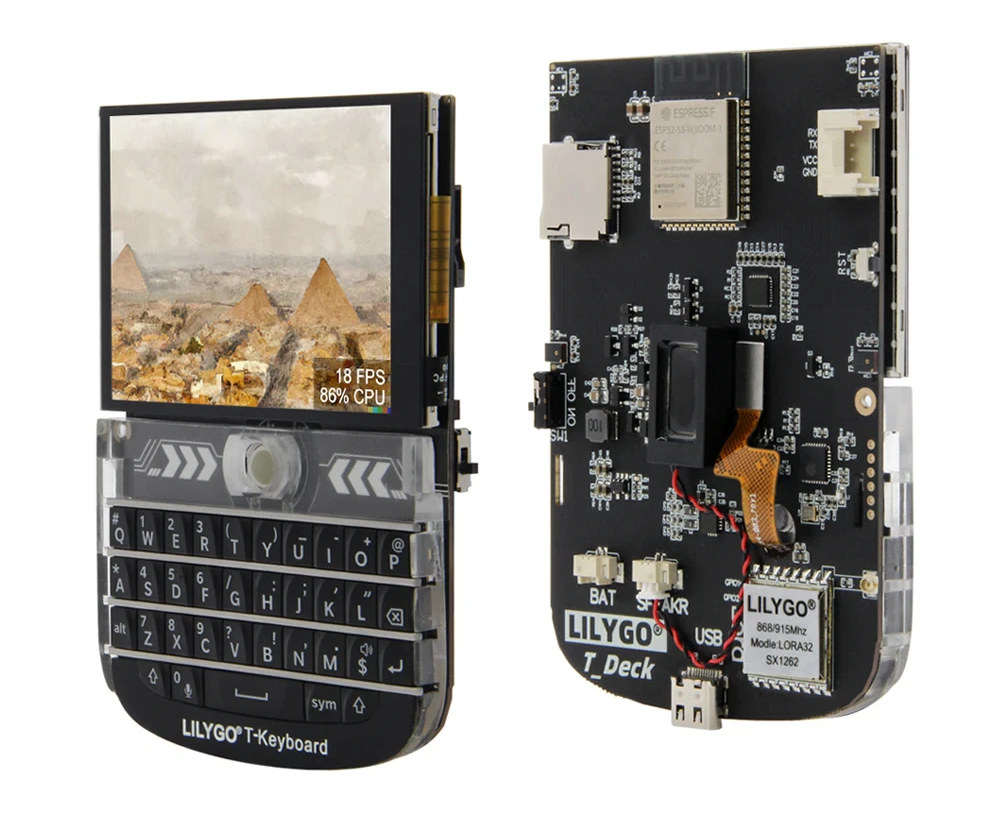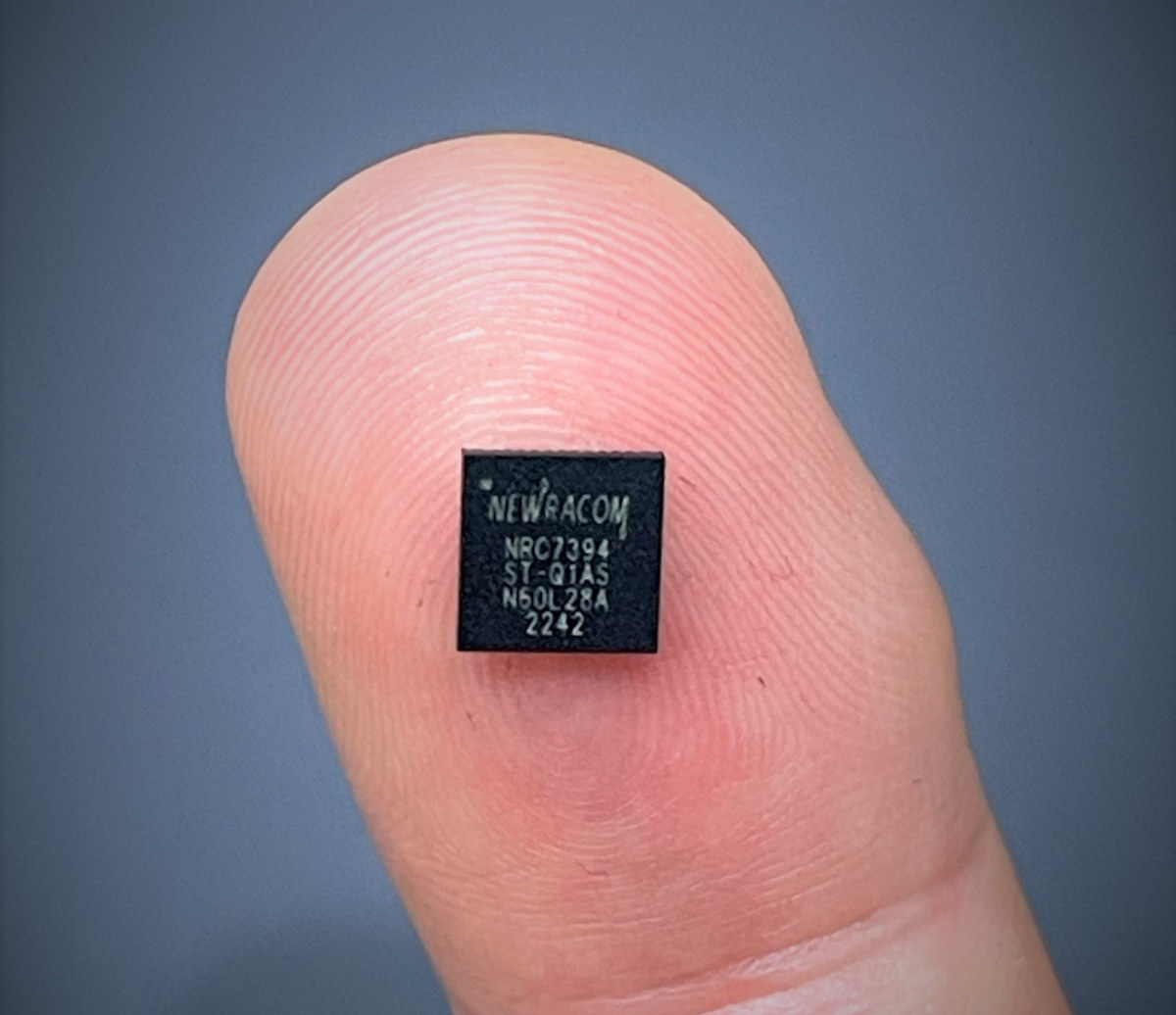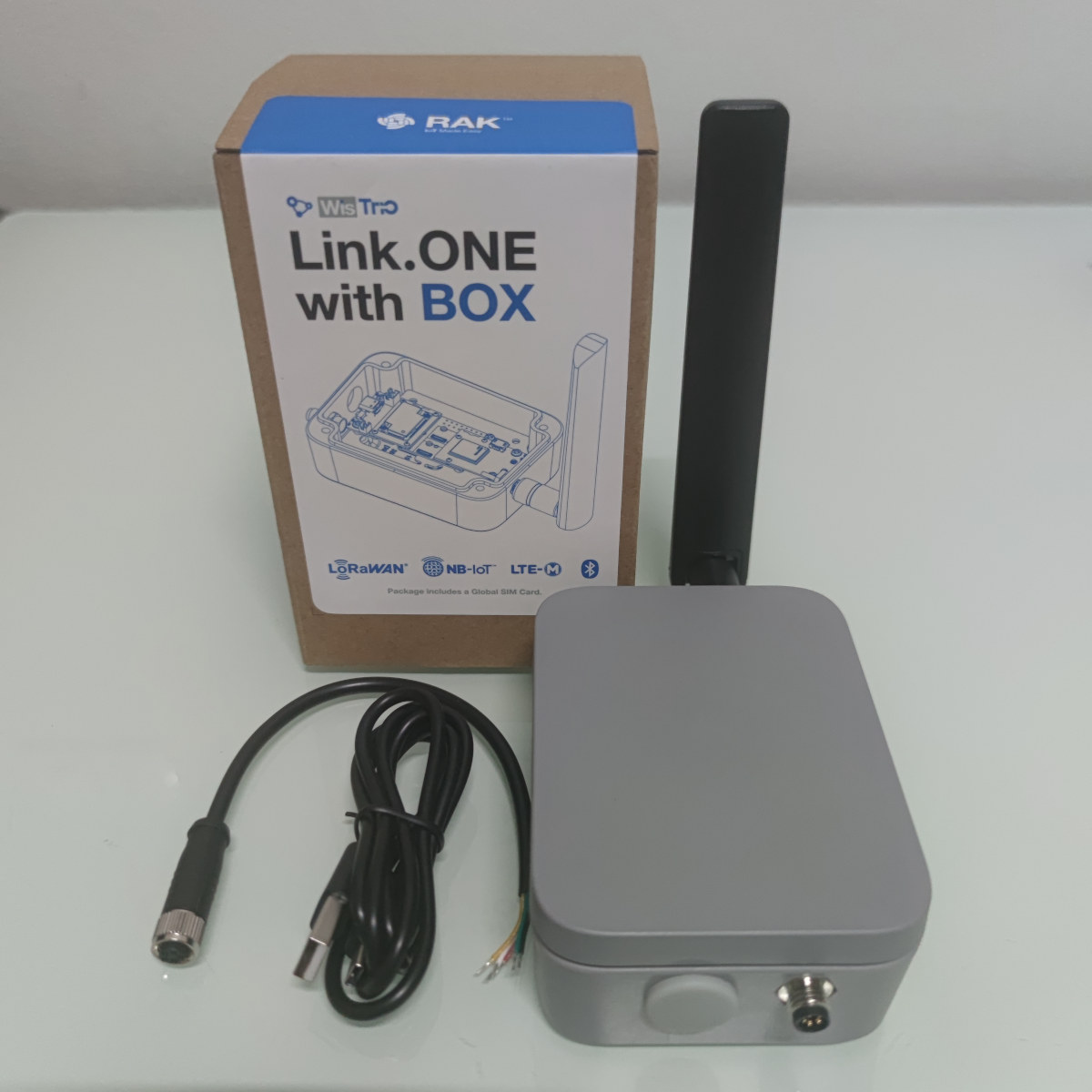Olimex ESP32-S3-DevKit-LiPo is a new open-source hardware ESP32-S3 board with 8MB flash, 8MB PSRAM, as well as LiPo battery and JTAG support that can run Linux 6.3, or the more traditional Arduino or MicroPython firmware. The board is based on the ESP32-S3-WROOM-1-N8R8 module, features two USB-C ports for power, programming, and JTAG debugging, plenty of expansion with two rows of I/Os plus a pUEXT connector, Reset and Boot buttons, and a couple of LEDs. ESP32-S3-DevKit-LiPo specifications: Wireless module – Espressif ESP32-S3-WROOM-1-N8R8 with SoC – ESP32-S3 dual-core LX7 microprocessor @ up to 240 MHz with Vector extension for machine learning, WiFi 4 & Bluetooth 5 LE/Mesh Memory – 8MB OSPI PSRAM Storage – 8MB QSPI flash PCB antenna Dimensions – 25.5 x 18.0 x 3.1 mm USB 1x USB Type-C OTG port also used for JTAG/Serial 1x USB Type-C port for USB-serial programming and power Expansion 2x 22-pin GPIO headers pUEXT […]
STMicro STHS34PF80 IR sensor for motion and presence detection aims to replace PIR sensors
STMicro STHS34PF80 is a new IR sensor designed for IoT and Smart Home devices requiring motion and/or presence detection that offers an alternative to traditional passive infrared (PIR) sensors and is mostly useful for building automation. The latest IR sensor from STMicro contains thermal transistors (MOSFETs) that can not only detect motion but also stationary objects, something that’s not feasible with conventional PIR detectors that require motion for object detection. The company further adds that PIR sensors need a Fresnel lens to sense moving objects, but the STHS34PF80 detector does not require a lens and as a result, enables much smaller designs. STHS34PF80 key features and specifications: Range up to 4 meters without lens for objects measuring 70 x 25 cm² Integrated silicon IR filter IR sensitivity – 2000 LSB/°C RMS noise – 25 LSBrms Operating wavelength – 5 µm to 20 µm Local temperature sensor accuracy – ±0.3 °C […]
Polos CH32Vxx 32-bit RISC-V MCU boards starts at $1.99
XPU Labs, a subsidiary of AnalogLamb, has designed three inexpensive “Polos” development boards based on WCH CH32VXX RISC-V microcontrollers with pricing starting at just $1.99. The three development/breakout boards have the same form factor and only differ in the specific RISC-V MCU used with three parts selected: the 48 MHz CH32V003F4U6 microcontroller, the 144 MHz CH32V203F8P6 MCU, and the CH32V305FBP6 that’s similar to the former but add more memory (32KB) and flash (128KB). You can see also three boards side-by-side in the photo below along with the Amnos LinkE CH32Vxx debugger & programmer board. Polos CH32V003 Breakout Alef specifications: MCU – WCH CH32V003F4U6 QingKe 32-bit RISC-V2A microcontroller up to 48MHz with 2KB SRAM, 16KB Flash (QFN20 Package) USB – 1x Micro USB port I/Os – 2x 12-pin headers with Up to 18 GPIOs with external interrupt support 1x USART, 1x I2C, 1x SPI 10-bit ADC Debugging – 1-wire serial debug […]
Nuvoton MUG51 8-bit 8051 microcontroller is made for battery-free devices
8-bit microcontrollers are here to stay despite the rise of 32-bit microcontrollers. Renesas introduced the RL78/G15 entry-level 8-bit microcontroller in a tiny 3x3mm package at the beginning of the year, and now Nuvoton has just unveiled the MUG51 8-bit 8051 microcontroller with a long-term production commitment. The MUG51 is specially designed for battery-free devices such as passive stylus pens and RFID cards. The 8-bit microcontroller embeds 1 KB SRAM, 16KB flash plus 4KB flash for user program loader, various peripherals with up to 24x GPIOs with interrupt, I2C, SPI, UART, DMA, and so on, as well as various timers. Nuvoton MUG51 specifications: Core – 1T 8051-based core running up to 7.3728 MHz Memory/Storage 1 KB SRAM 16 KB Flash Up to 4 KB Flash for user program loader (LDROM) 128 bytes SPROM (Security Protection ROM) ISP/ICP/IAP programming Peripherals Up to 24x I/O with interrupt capability 2x UART (Tx/RX), 2x I2C, […]
The Bee Data Logger ESP32-S3 board comes with RTC, microSD slot, and two Qwiic connectors for sensors
A few months ago, SparkFun released the “Datalogger IoT – 9DoF” no-code platform based on ESP32 with some built-in sensors, a microSD card, and two Qwiic connectors to add sensors in order to perform data logging with minimal to no coding. Smart Bee Designs looks to have shrunk the design, removing the built-in sensors in the processor, with the Bee data logger ESP32-S3 board that offers most of the same features plus a built-in DS3231 RTC and back battery for timekeeping, and the ability to leverage the vector extension in the ESP32-S3 for machine learning applications. Bee data logger specifications: Wireless module – Espressif Systems ESP32-S3-MINI-1 module CPU – ESP32-S3 dual-core Xtensa LX7 microcontroller with vector extensions with 512KB SRAM, 384KB ROM, WiFi 4 and Bluetooth 5.0 connectivity Storage – 8MB of QSPI flash PCB antenna Storage – MicroSD card slot up to 16GB capacity USB – 1x USB Type-C port […]
ESP32-S3 board features 2.8-inch display, Blackberry-like keyboard, and optional LoRaWAN connectivity
LILYGO T-Deck is a development kit with an ESP32-S3 WiFi and BLE module, a 2.8-inch display with touchscreen support, a Blackberry-like keyboard based on ESP32-S3, and optional LoRaWAN connectivity through an SX1262 LoRa module. It looks ideal for text-based messaging, but the devkit also includes two microphones and a speaker so audio communication must be possible. Other features include a MicroSD card slot, a Grove connector (UART) for expansion, and support for a LiPo battery with USB charging. LILYGO T-Deck specifications: ESP32-S3-WROOM-1 wireless module SoC – ESP32-S3FN16R8 dual-core Tensilica LX7 microcontroller @ up to 240 MHz with 2.4 GHz 802.11n WiFi 4 and Bluetooth 5.0 LE connectivity Memory – 8MB PSRAM Storage – 16MB SPI flash PCB antenna Storage – MicroSD card slot Display – 2.8-inch IPS display with 320×240 resolution; ST7789 SPI display controller Audio – Built-in speaker using MAX98357A amplifier, 2x MEMS microphones Wireless 2.4 GHz 802.11n WiFi […]
NEWRACOM NRC7394 WiFi HaLow SoC delivers higher power efficiency and cost-effectiveness
NEWRACOM has just introduced the NRC7394 Wi-Fi HaLow Arm Cortex-M3 SoC with higher power efficiency and lower cost than the previous generation NRC7292 Cortex-M3/M0 HaLow SoC and available in a 6x6mm package. I first wrote about the 802.11ah standard in 2014. Also known as the WiFi HaLow (consumers name), it operates in the 900 MHz band, offers a longer range and lower power consumption for items like IP cameras, and the first products came to market in 2021. I was expecting a flood of new WiFi HaLow devices in 2022 in my year 2021 round-up and it was not exactly a prescient prediction as it never happened. But maybe the new NRC7394 SoC will help make WiFi HaLow devices more popular by lowering the costs and further improving battery life. NEWRACOM NRC7394 key features: CPU – Arm Cortex-M3 core @ 32 MHz for IEEE 802.11ah WLAN and application Connectivity Full […]
Using Link.ONE all-in-one LPWAN development kit with ChipStark, Node-Red, InfluxDB, and Grafana
RAKwireless has sent us a review sample of the WisTrio Link.ONE all-in-one LPWAN IoT development kit with support for LTE-M, NB-IoT, and LoRaWAN connectivity and programmable with the Arduino IDE. We’ve tested the kit with its weatherproof WisBlock Unify enclosure using LoRaWAN connectivity and open-source software packages and frameworks such as ChipStark, Node-Red, InfluxDB, and Grafana. Key features of the Link.ONE kit The Link.ONE kit we’ve received comes with a WisBlock Unify Enclosure (100 x 75 x 38 mm) and a 3,200 mAh/3.7V rechargeable lithium battery which is sufficient when the system is mostly in sleep mode and used to receive data, while not sending information too often. “Link.ONE with BOX” unboxing The following items were very tightly packed inside the box: WisTrio LTE-M, NB-IoT, and LoRaWAN development board Rechargeable lithium battery External Antenna for cellular USB Type-C cable Circular M8 female cable The enclosure is strong with the lid […]


